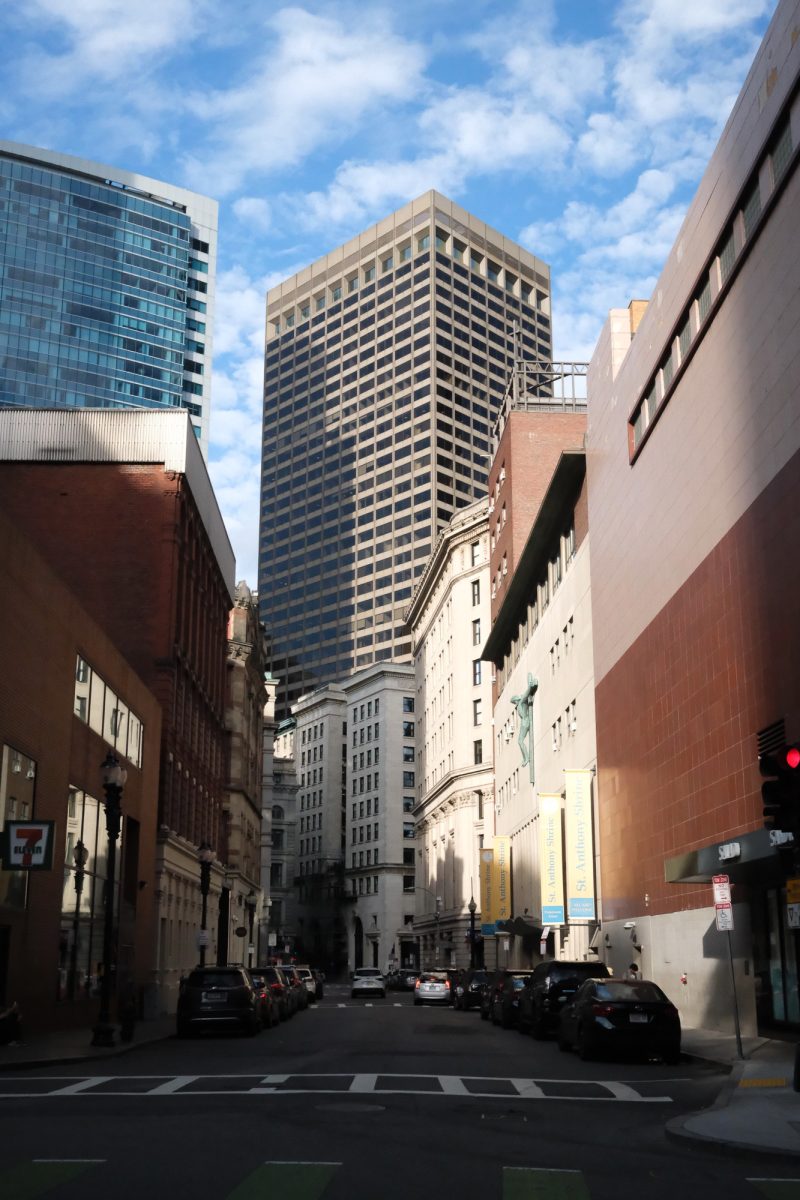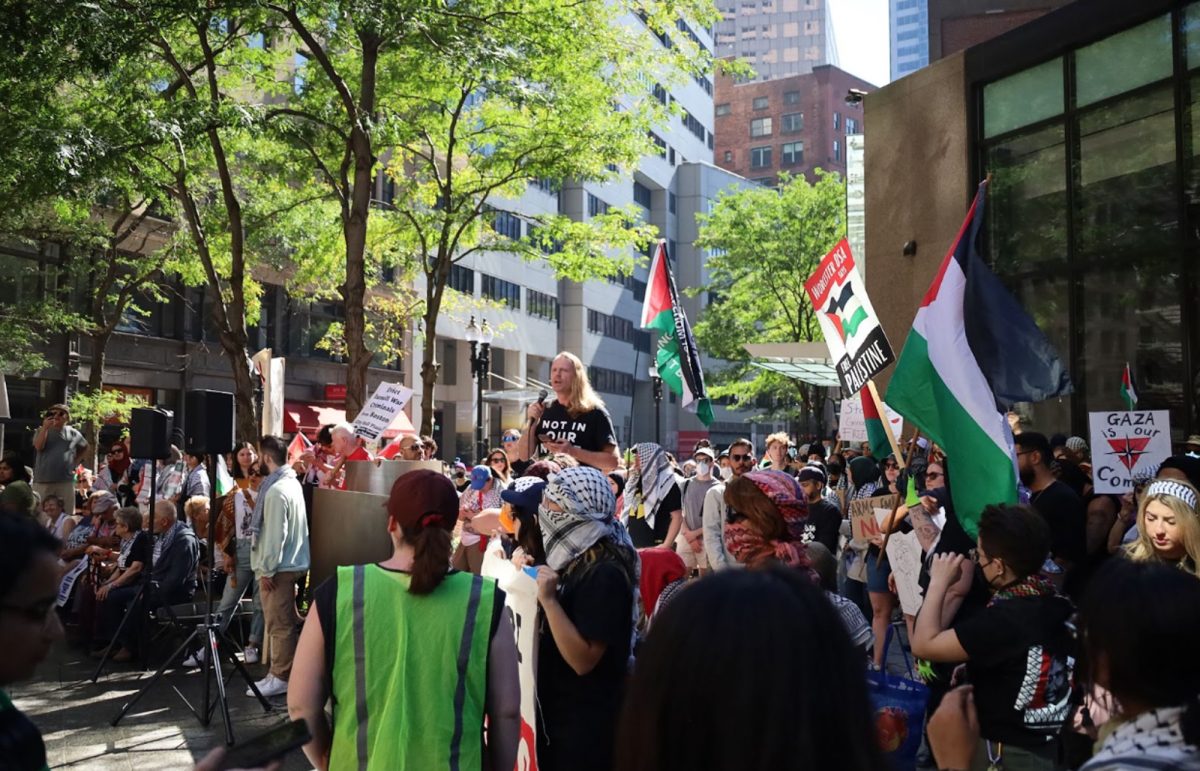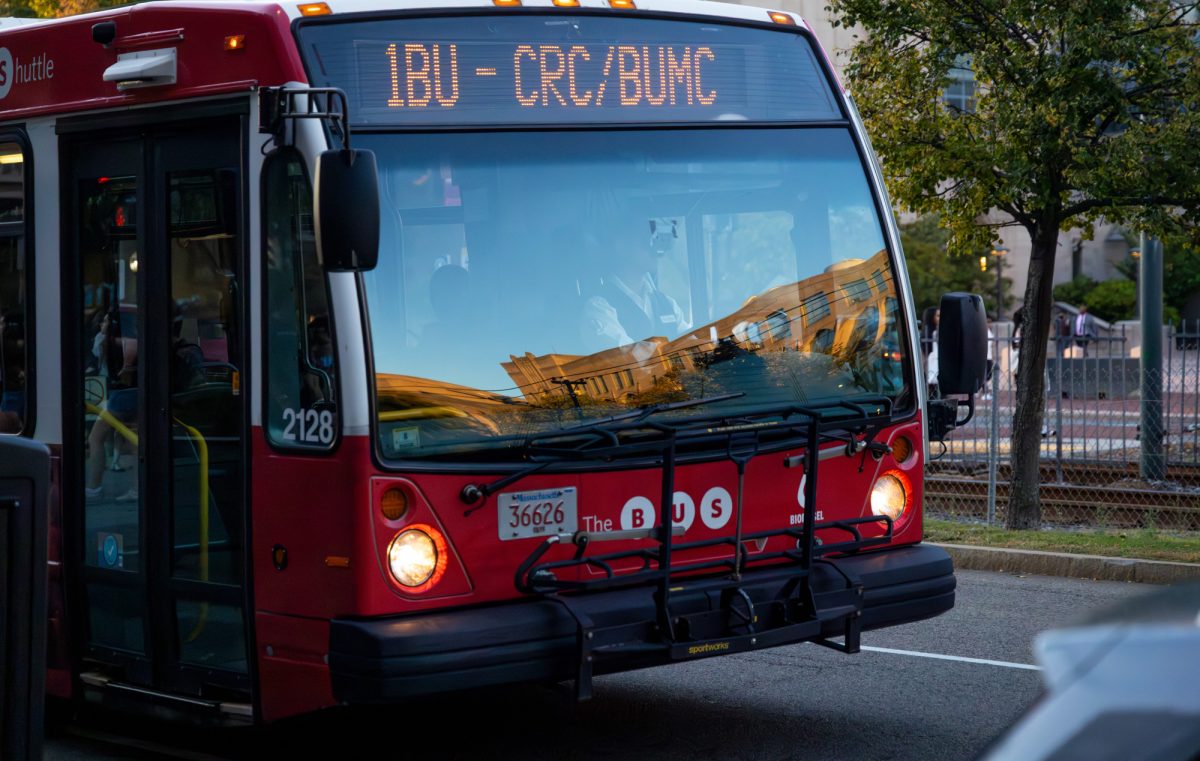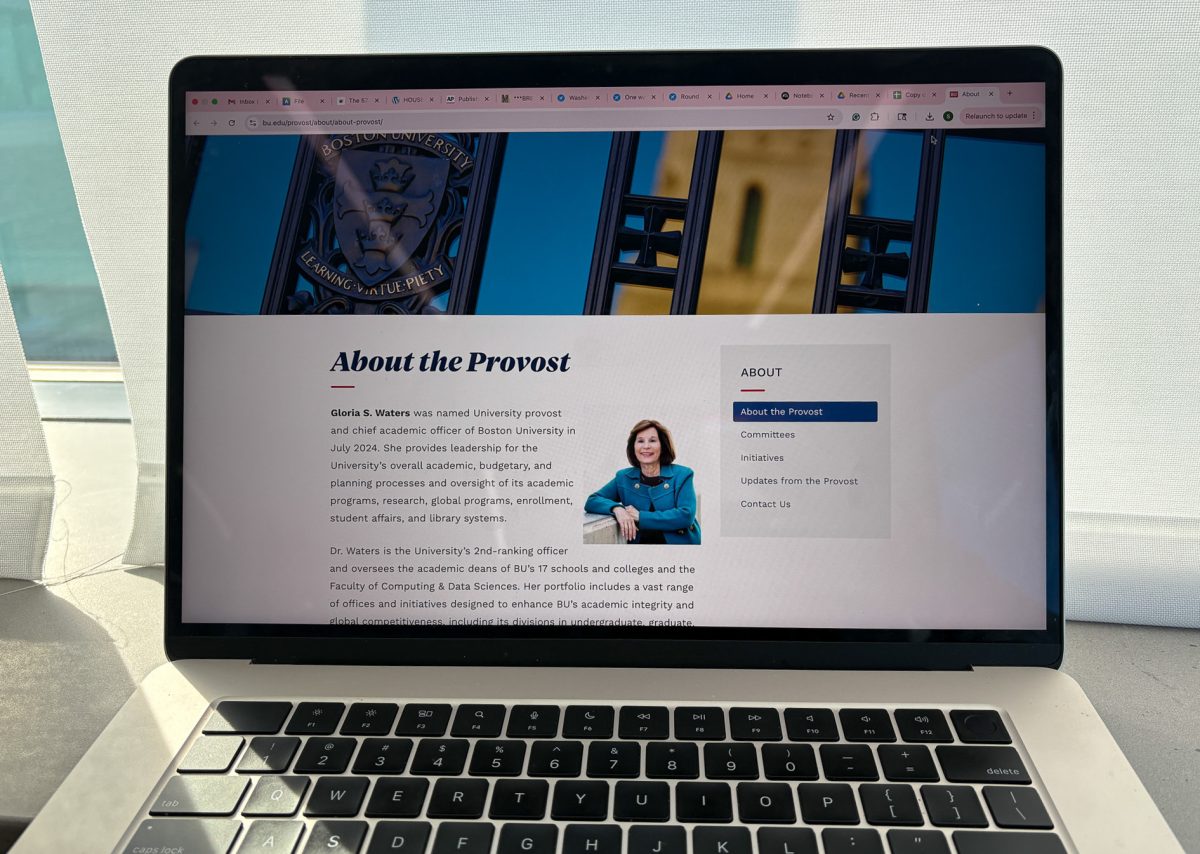The 1st U.S. Circuit Court of Appeals in Boston upheld birthright citizenship in an Oct. 3 ruling, blocking an executive order President Donald Trump made the day he took office for his second term.
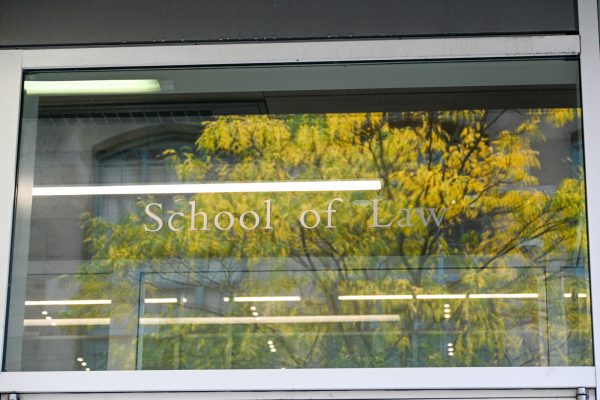
Birthright citizenship ensures anyone born in the United States, regardless of their parents’ nationality or immigration status, is a citizen.
Boston’s federal court became the fifth court to block the executive order in a lawsuit that will eventually reach the Supreme Court.
Juan Proaño, CEO of the League of United Latin American Citizens, said the organization was pleased with the ruling.
LULAC responded to the executive order to end birthright citizenship as one of the plaintiffs in the lawsuit filed against the Trump administration.
Proaño said they filed the lawsuit because the order targets immigrants, particularly undocumented immigrants, including members of his own organization.
“It creates a very, very slippery slope for Americans [and] minorities in this country to begin to lose their rights under the Constitution, and no one should stand for that,” he said.
The Supreme Court guaranteed citizenship to individuals born in the United States under the 14th Amendment in 1898, a decision which remained generally unchallenged until now, according to BU clinical law professor Sean Kealy.
“Like everything Trump is doing right now, he’s trying to break through these norms that have been in place for a long, long time,” Kealy said.
Kealy said if the executive order were to go through, children born to immigrant parents would become stateless people — individuals who are not recognized as a citizen of any country.
“This is going to be a mess and it’s going to be very difficult to live as a stateless person,” Kealy said. “International law works very hard to create a situation where there aren’t stateless people.”
Proaño said it sets “a very bad precedent” to take a person’s citizenship and then deport them when “they’re no longer needed.”
“Why would people come here if that’s how they’re going to be treated?” Proaño said.
Courts are in the early stages of figuring out how to navigate the executive order, Kealy said. Once it reaches the Supreme Court, he is unsure what the ruling will be.
“The conservative majority seems to be very happy overturning longstanding precedent in order to accomplish its political goals,” Kealy said.
Boston City Councilor At-Large Julia Mejia, a naturalized citizen herself, also said she was pleased with the Boston court’s ruling.
When Mejia heard about Trump’s executive order, she thought, “There’s an all out attack and assault on immigrant communities, particularly those of diverse and darker backgrounds.”
“The fact that it got blocked sends a strong message to the federal administration that there is a separation here between different levels of government,” Mejia said.
Heloisa Galvão, executive director and co-founder of the Brazilian Women’s Group, said she attended one of the hearings where the executive order was being discussed.
“[The executive order] makes America less than what it is. This is a great country. This was built by immigrants,” Galvão said. “People come here because they believe in that.”
Galvão said the 14th Amendment is “very important and has to be respected.”
“To try to change that, it’s a way to say that you are of no value because you are born to a woman who doesn’t have documents,” Galvão said.

























































































































